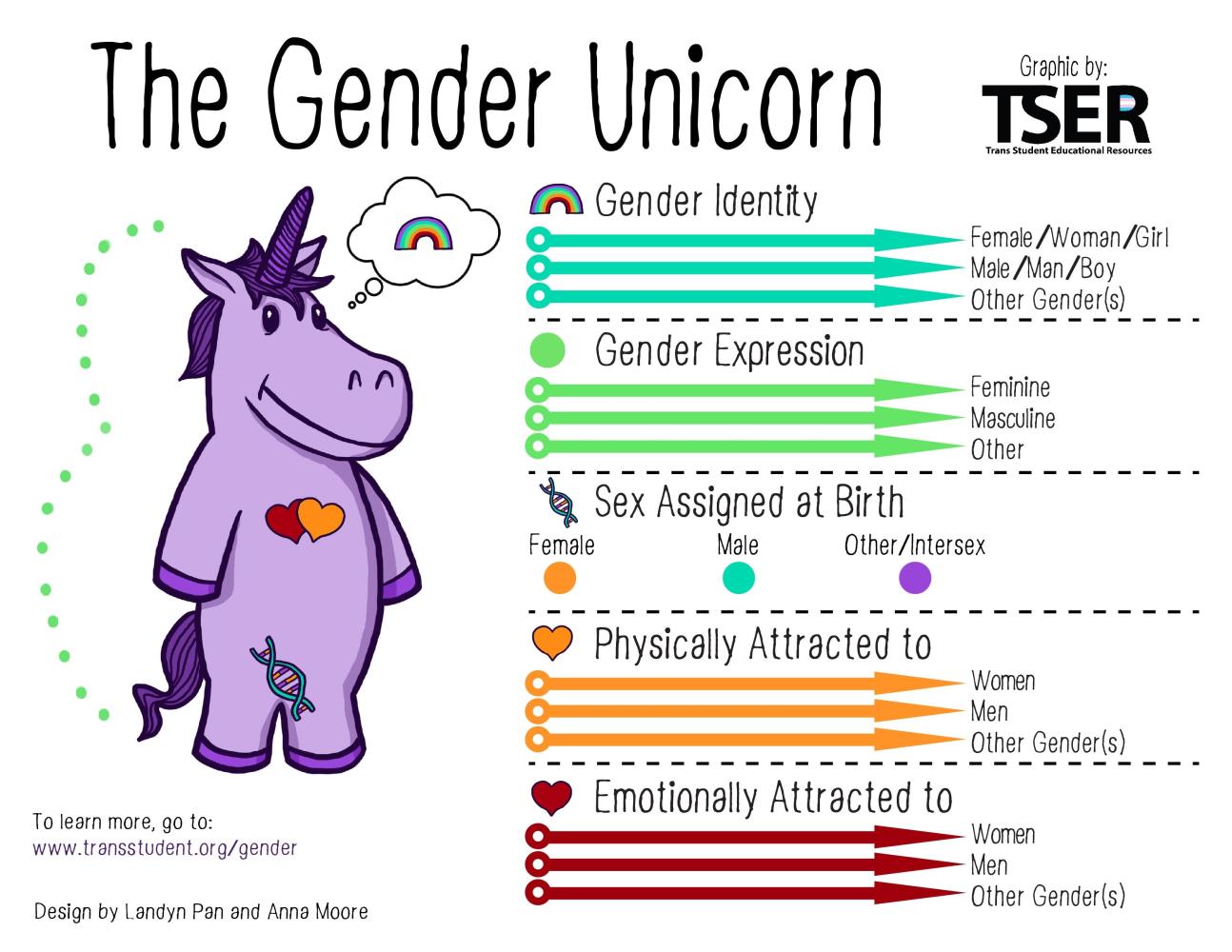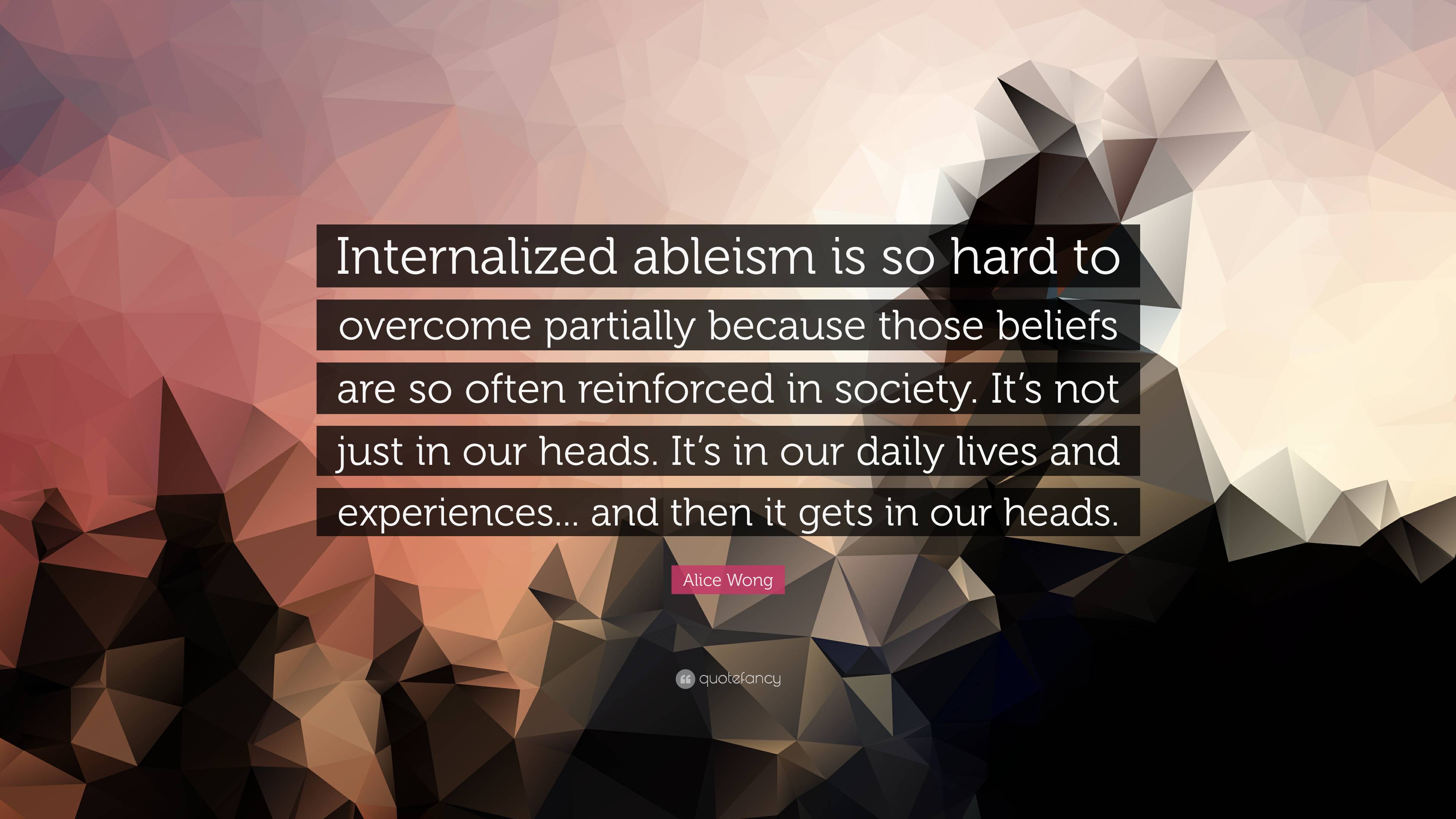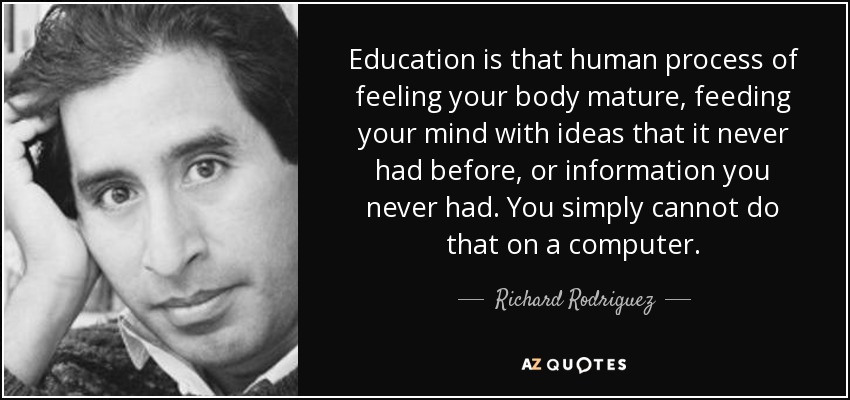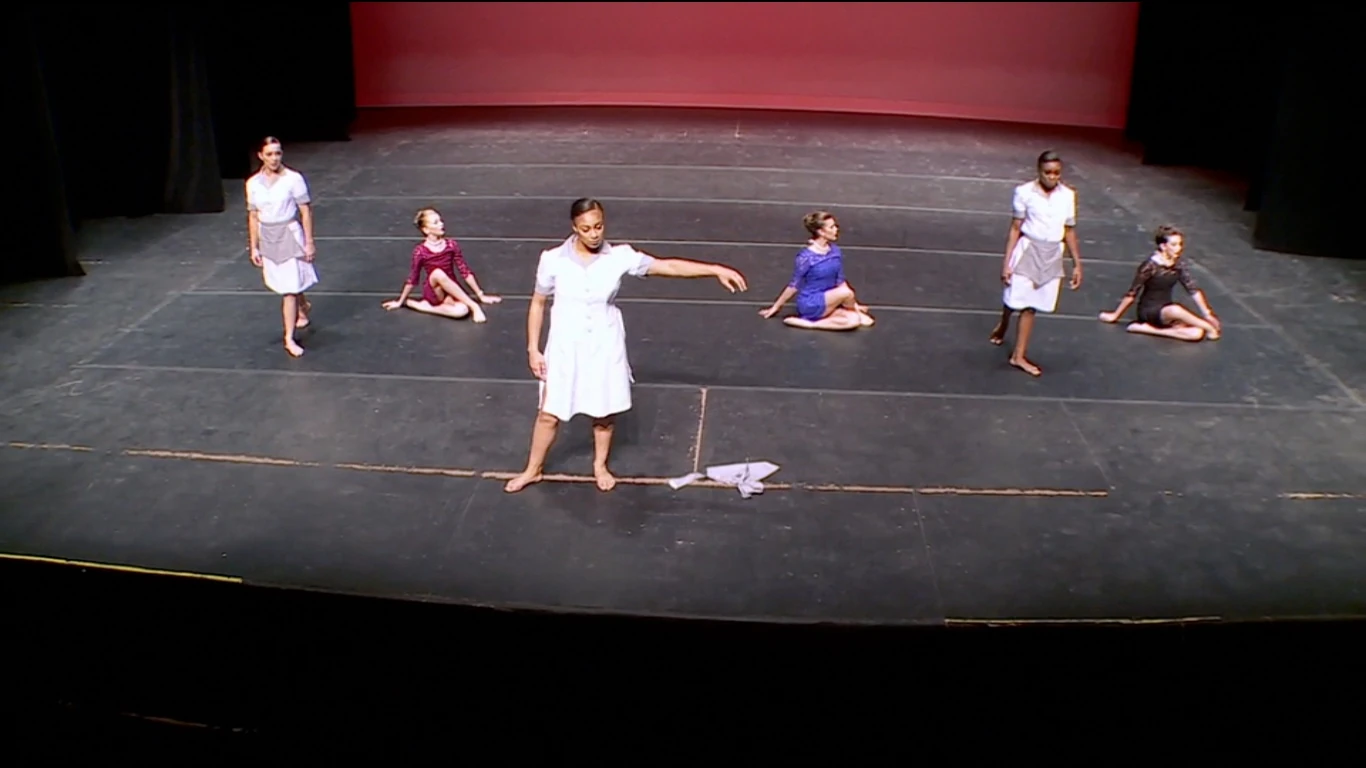After reflecting on the conversation we had as a class and developing my own thoughts on Finn's ideas within this article, a recurring idea that I feel is important to bring up is how controlling money really is in our society. Through Finn's analysis, the community you are born into determines your quality of education, career, living conditions, etc. I brought this realization up to my sister and, as I rambled about wanting to end all monetary divisions and take down all billionaires, my sister challenged me with the questions: "But really what would happen in society without these levels of wealth?" And it took me a minute to come up with an answer because I have no idea. I'm not sure if there would be chaos or if life would be perfect and equality for everyone.
I will say that although I want to destroy the system that the American economy has created, I don't think society would survive without any economic structure. Not because money is necessary but because I think humans just have a power dynamic and someone would end up being greedy and the whole system would crash. So, for the sake of my own curiosity I wanted to explore theories of what would happen if we had no economy, a less prejudice system, and everything in between.
https://www.quora.com/What-would-the-world-look-like-without-an-economic-system
This is not at all a credible source, but it is just a thread of strangers opinion related to this questions - "What would the world look like without an economic system" and there were several things that caught my interest.
1. Someone talked a bit about how all jobs would be covered in a world where wages don't exist because with the amount of people we have in the world someone would enjoy working in each job without a wage. For example, there would still be teachers, farmers, electrician, etc.
2. However, someone brought up the idea that there would be no way to claim personal property or objects because these things would still have value to the person. So even without money and if trade was used, there would still be some sort of system of personal values. This would be something hard to overcome.
Personally, I think that these concepts are super interesting to think about but it would be close to impossible to try to implement an entirely new American system, even on a smaller scale, which is what society is facing now. Our system is built to create a cycle that can barely be broken. Money controls the decisions we make. Can we even fight back?

Technically, we could fight back. These are the global wealth distribution, not just the US wealth distribution. But, the division between millionaire and everyone else is still very much consistent within the US as it is around the world. 99% versus 1% sounds pretty promising!!!!! But, they have much more money so their voices will always be the most heard.
(This was a little bit sarcastic but I'm hoping that you guys as a class will agree with my frustrations.)





